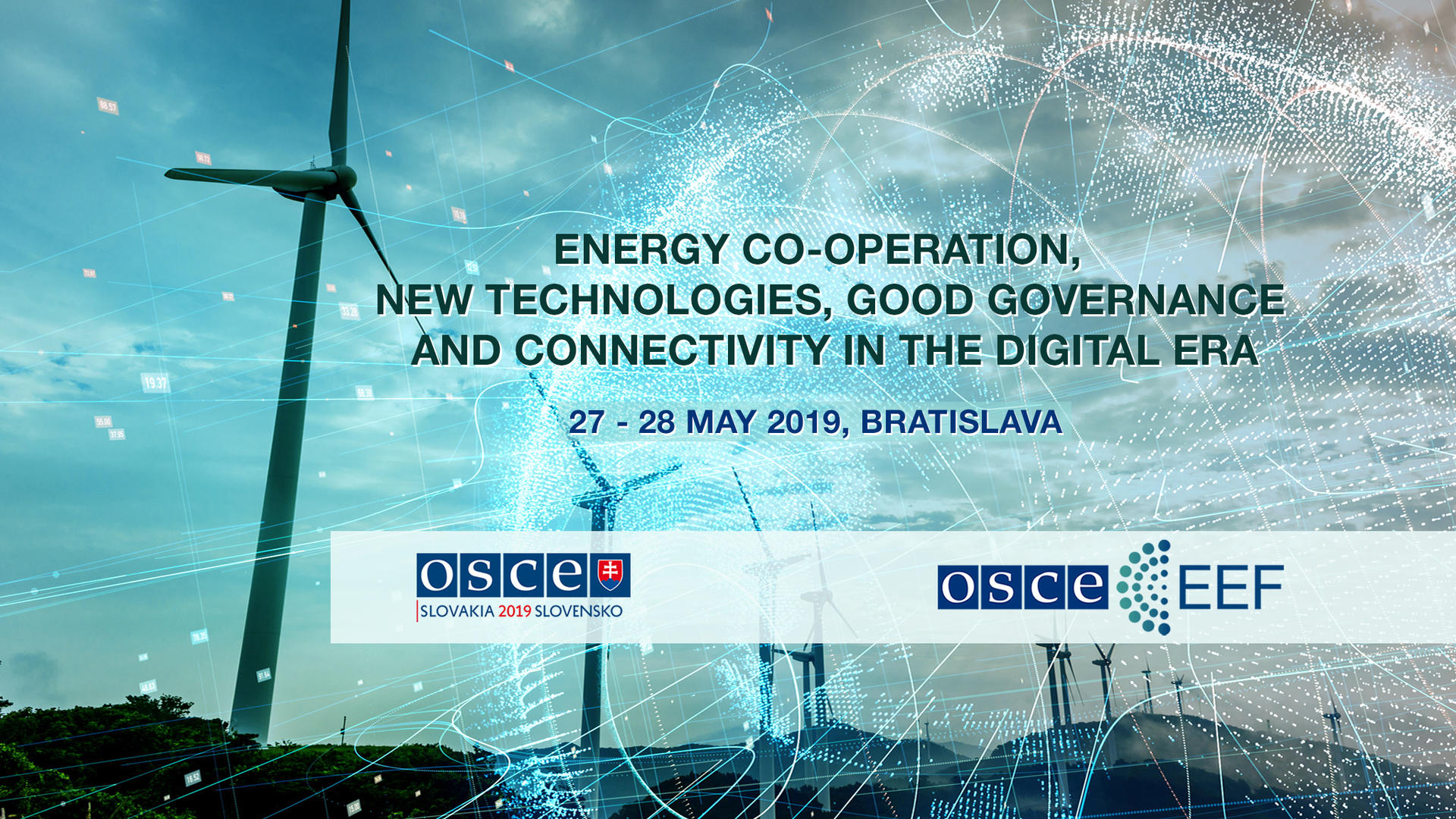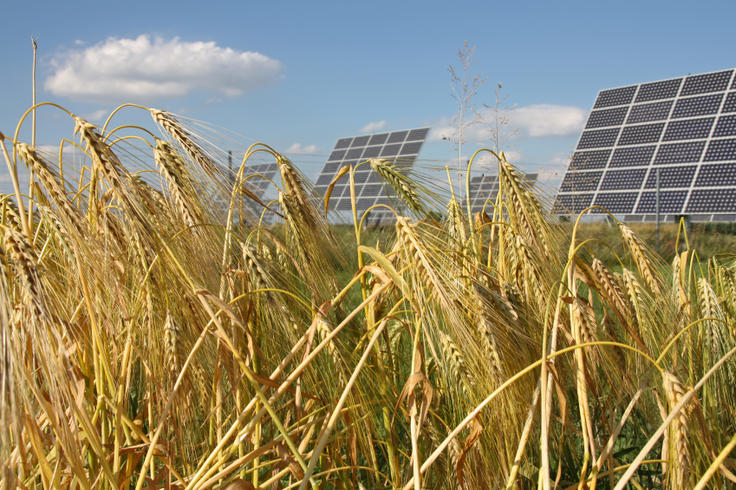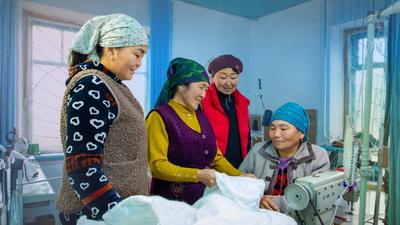-
Our work
-
Fields of work
- Arms control
- Border management
- Combating trafficking in human beings
- Conflict prevention and resolution
- Countering terrorism
- Cyber/ICT Security
- Democratization
- Economic activities
- Education
- Elections
- Environmental activities
- Gender equality
- Good governance
- Human rights
- Media freedom and development
- Migration
- National minority issues
- Policing
- Reform and co-operation in the security sector
- Roma and Sinti
- Rule of law
- Tolerance and non-discrimination
- Youth
- Field operations
- Projects
-
Meetings and conferences
- Summit meetings
- Review Conferences
- Ministerial Council meetings
- Plenary meetings of the Permanent Council
- Plenary Meetings of the Forum for Security Co-operation
- Security Review Conferences
- Annual Implementation Assessment Meetings
- Economic and Environmental Forum
- Economic and Environmental Dimension Implementation Meetings
- Human rights meetings
- Media conferences
- Cyber/ICT security conferences
- Conference of the Alliance against Trafficking in Persons
- Gender equality conferences
- Annual OSCE Mediterranean conferences
- Annual OSCE Asian conferences
- Partnerships
-
Fields of work
-
Countries
- All
-
Participating States
- Albania
- Andorra
- Armenia
- Austria
- Azerbaijan
- Belgium
- Belarus
- Bosnia and Herzegovina
- Bulgaria
- Canada
- Croatia
- Cyprus
- Czechia
- Denmark
- Estonia
- Finland
- France
- Georgia
- Germany
- Greece
- Holy See
- Hungary
- Iceland
- Ireland
- Italy
- Kazakhstan
- Kyrgyzstan
- Latvia
- Liechtenstein
- Lithuania
- Luxembourg
- Malta
- Moldova
- Monaco
- Mongolia
- Montenegro
- The Netherlands
- North Macedonia
- Norway
- Poland
- Portugal
- Romania
- Russian Federation
- San Marino
- Serbia
- Slovakia
- Slovenia
- Spain
- Sweden
- Switzerland – OSCE Chairpersonship 2026
- Tajikistan
- Türkiye
- Turkmenistan
- Ukraine
- United Kingdom
- United States of America
- Uzbekistan
- Asian Partners for Co-operation
- Mediterranean Partners for Co-operation
-
Structures and institutions
- Chairpersonship
-
Secretariat
- Secretary General
- Office of the Secretary General
- Conflict Prevention Centre
- Transnational Threats Department
- Office of the Special Representative and Co-ordinator for Combating Trafficking in Human Beings
- Office of the Co-ordinator of OSCE Economic and Environmental Activities
- Gender Issues Programme
- Opportunities for Youth
- Department of Human Resources
- Department of Management and Finance
- Office of Internal Oversight
- Documentation Centre in Prague
- Institutions
-
Field operations
- Presence in Albania
- Centre in Ashgabat
- Programme Office in Astana
- Programme Office in Bishkek
- Mission to Bosnia and Herzegovina
- Programme Office in Dushanbe
- Mission in Kosovo
- Mission to Moldova
- Mission to Montenegro
- Mission to Serbia
- Mission to Skopje
- Project Co-ordinator in Uzbekistan
- Closed field activities
- Parliamentary Assembly
- Court of Conciliation and Arbitration
- Organizational structure
- About us

Story
Energy co-operation, new technologies, good governance and connectivity in the digital era – OSCE discusses economic progress and security in Bratislava
- Date:
- Source:
- OSCE Secretariat
- Fields of work:
- Economic activities, Environmental activities
Energy co-operation, new technologies, good governance and connectivity in the digital era – OSCE discusses economic progress and security in Bratislava
The Second Preparatory Meeting of the 27th OSCE Economic and Environmental Forum (EEF) dedicated to promoting economic progress and security in the OSCE area through energy co-operation, new technologies, good governance and connectivity in the digital era, organized by 2019 Slovakia’s OSCE Chairmanship, will take place in Bratislava on 27 and 28 May 2019. It will focus on the following topics:
- Fostering co-operation and building partnerships for a secure energy future
- Improving the environmental footprint of energy-related activities
- Protecting energy networks from natural and man-made disasters
Why does energy security matter?
Energy security is a precondition for economic growth and stability. Without predictable, reliable and economically sound energy supplies, regional economies cannot prosper.
The OSCE as the world’s largest regional security organization unites some of the world’s most important energy producer, consumer and transit countries. Energy security challenges are complex and often require a regional approach based on dialogue, co-operation and trust.
Natural and man-made disasters and threats emanating from cyber-attacks to critical energy networks are on the rise and are posing an increasing threat to energy security. At the same time, safely meeting the dual challenge of producing more energy with fewer emissions requires renewable energy, innovation and effective public-private partnerships.
What is the role of the OSCE?
The OSCE provides analysis, capacity building, training courses and regional workshops focusing on the protection of critical energy networks, the promotion of energy security dialogue, good governance and transparency in the energy sector, sustainable energy and energy diplomacy. The OSCE its supports 57 participating States in promoting sustainable connectivity and addressing strategic energy security issues.
Who does the OSCE work with?
The Office of the Co-ordinator of OSCE Economic and Environmental Activities (OCEEA) works with national governments as the main-decision-makers; the private sector and industry associations, academia and civil society.
The OCEEA works closely with the OSCE field operations and specialized partner organizations, such as relevant UN and different international specialized agencies.
What is Economic and Environmental Forum meeting?
The EEF is the main meeting cycle within the Economic and Environmental Dimension of the OSCE. Its objectives are to identify needs and priorities, to raise awareness and to stimulate the political will of the 57 OSCE participating States in dealing with economic, environmental and security-related challenges, to share best practices, as well as to provide a platform for dialogue with representatives of international organizations, the business and academic communities, and civil society.
What else will happen in Bratislava on 27 and 28 May?
A side event entitled “Shaping the future of energy policies and co-operation in the OSCE region from the private sector perspective” will also take place.
Experts from leading energy companies and associations will discuss how effective co-operation between the public and private sectors can help to tackle the dual challenge of meeting an increasing energy demand while producing less emission in the OSCE region.
OSCE Impact
Discover more stories about how the OSCE improves lives.


